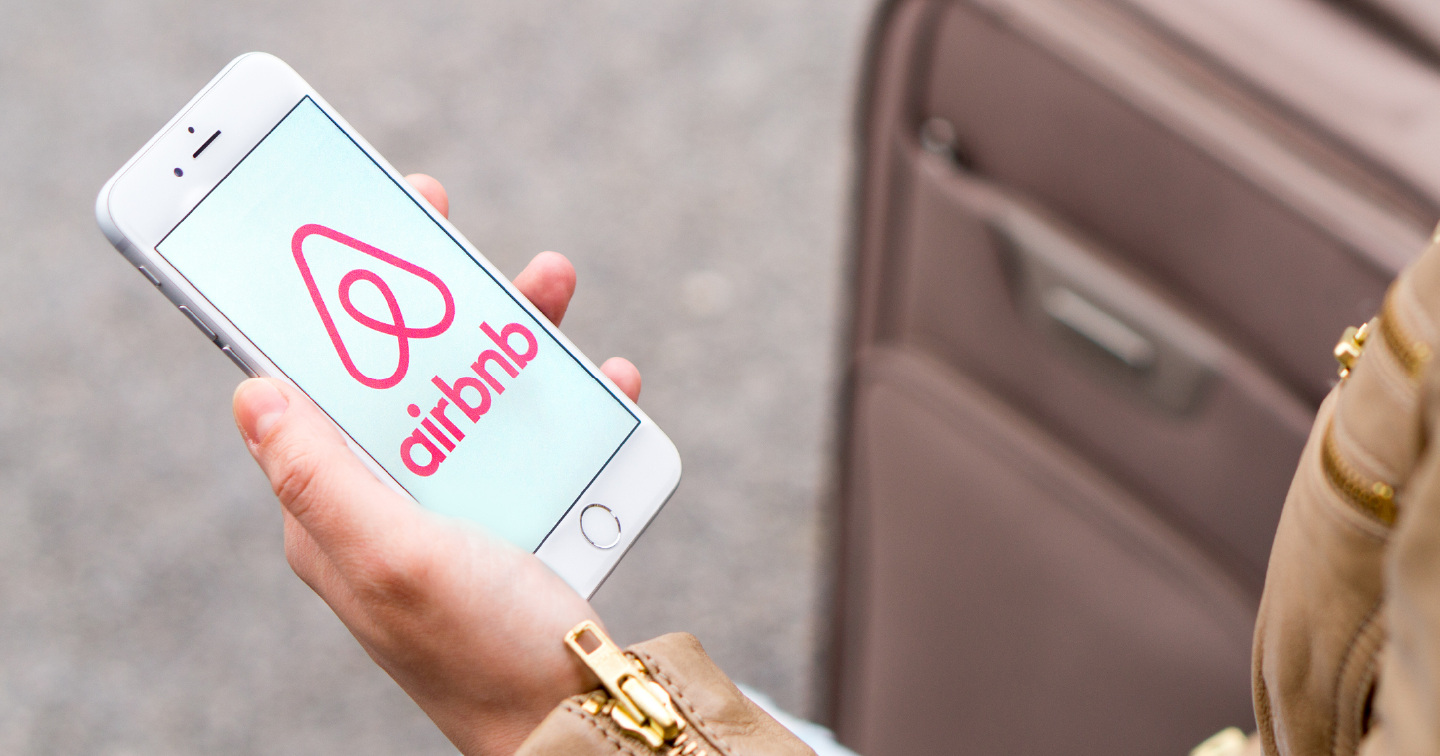Miracles of survival: how Airbnb experienced the pandemic and the cancellation of travel

The story of Airbnb could be a classic story about a startup that originated “in the garage”.
In 2007, two San Francisco design students who rented a home together considered how to raise money for the next rent. They found an unusual way out of the situation — friends decided to offer their own housing to visitors of the design conference, which was just taking place in the city.
The hotels were overcrowded, so not everyone was able to find a place. Brian and Joe inflated three mattresses in the apartment and offered them to their guests — Michael, Kate, and Emol. This is how the world’s first air bed & breakfast appeared — “air mattress and breakfast” (instead of the usual hotel “bed and breakfast”). And so, Brian and Joe offered their guests breakfast.
After the conference, friends decided that the idea could have a great future. Already in 2008, together with programmer Nathan Blecharzyk, they launched a site of the same name, attracted the first investment, and soon became a unicorn.
Sharing economy
Today, Airbnb is worth about $100 billion and has 4 million landlords in 220 countries and regions of the world, which received more than 900 million guests during the service.
Airbnb is a classic example and one of the major players in the global sharing economy, along with Uber, BlaBlaCar, and others.
"The sharing economy is an economic system or part of it in which goods are rented or borrowed directly from individuals, not businesses," Collins said.
COVID-19
Since the beginning of the pandemic, Airbnb has received special attention. A startup doing business in tourism, in the face of closed international borders, would seem doomed.
Airbnb lost profits due to the cessation of travel and paid $1 billion out of pocket to those who canceled bookings due to the pandemic and had no option to reimburse landlords. In addition, the company has promised to pay up to $250 million to landlords who have lost income due to the cessation of travel. The company’s debt, meanwhile, increased by $2 billion.
Exit to IPO
According to their own words, the placement of shares on the Airbnb exchange was considered in March 2020. But at the beginning of the pandemic, a sharp change in the company and the world forced Brian, Joe, and Nathan to postpone their plans.
The incident happened at the end of the year. Airbnb entered the IPO almost simultaneously with another well-known startup, DoorDash. On the first day of the placement, the company’s shares traded at $140 per unit and reached $212 in February 2021.
At the time of writing, Airbnb shares were trading at $153 per unit.
Endurance
Airbnb has been “hold on” since the beginning of the pandemic.
“We thought that in 2020 our revenues would decrease twice compared to 2019. But last year's total revenue reached $3.4 billion, which is only 30% less than in 2019,” the company said in its financial report.
At the end of the year, Airbnb said that they expect a rapid resumption of the tourism business:
“The invention of vaccines and the beginning of the lifting of some restrictions allow us to expect a rapid resumption of travel. Our only priority in 2021 will be to prepare for this complex, to improve the existing product by improving our core service for both landlords and guests,” Airbnb said.
Improvements did not take long. The company has released more than a hundred updates to its platform, improving its core features. Today, Airbnb is actively adapting to new conditions and the post covid world. For example, it has released a feature to check the Internet connection quality in the future home, which is especially important for travelers who want to work remotely. Airbnb has also compiled a list of rules that hosts and guests must follow to reduce the risk of infection.
2021
And it worked. In the first quarter of 2021, the company reported an increase in financial performance by 5% compared to 2019. This year, Airbnb no longer provided financial support to users of the service but instead announced an increase in the average rate per night and a revival of travel in South America.
"According to the World Tourism Organization, in 2020 the number of international tourists in the world decreased by 73%."
However, Airbnb added that their most lucrative segments — city travel and travel abroad — have not recovered.
The media are competing to write about the expected rebound in travel. Experts say that delayed demand is huge, and the travel ban is one of the most painful restrictions of the pandemic. But hopes for the resumption of tourism have not yet materialized, in particular, due to repeated waves of the pandemic. The recovery, especially in the summer, was noticeable, but the full recovery of the industry is delayed:
“It is certainly inspiring how the rate of vaccination is increasing. There are good reasons for optimism because it should help resume travel. However, we still have a long way to go to fully recover,” said Glenn Vogel, CEO of Booking.com, Airbnb's main competitor.